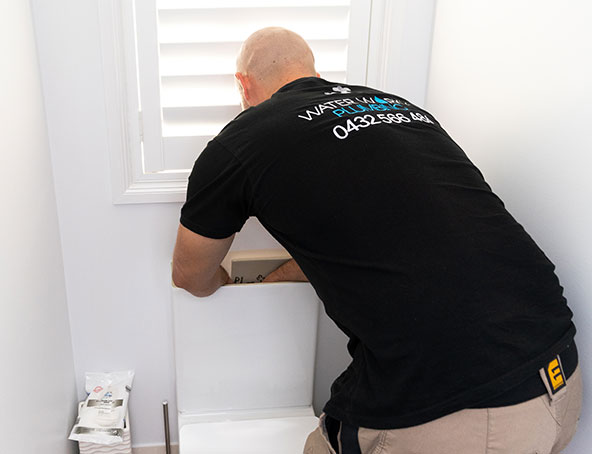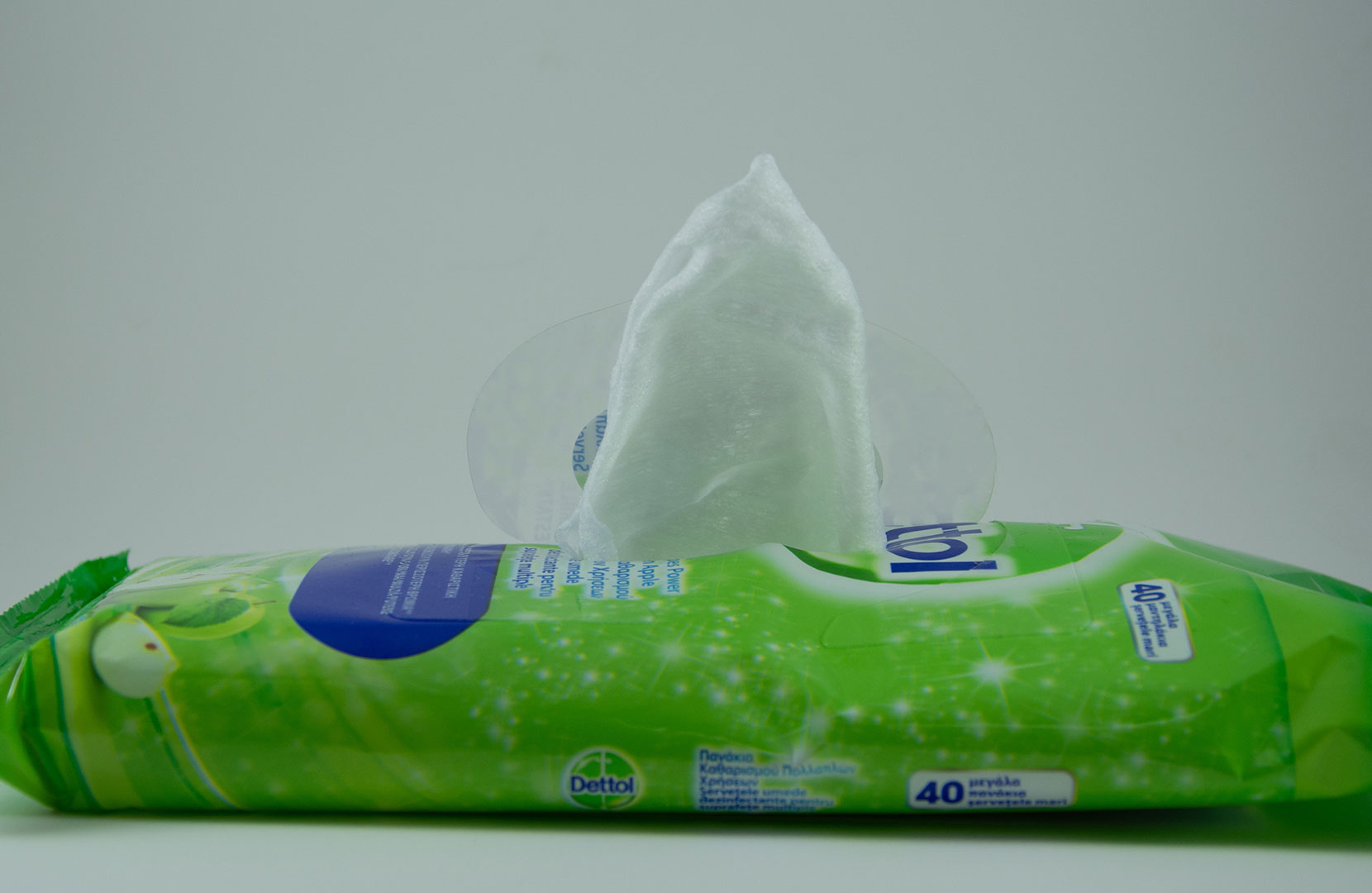Flushable Wet Wipes – To Flush or Not To Flush?
In the quest for convenient and hygienic cleaning, flushable wet wipes have gained immense popularity among homeowners in the St. George area and beyond. These wipes offer a quick and effective solution for maintaining cleanliness, especially in households with sensitive skin or those seeking non-toxic and eco-friendly alternatives. However, a significant debate rages on – should you flush wet wipes down the toilet or not? In this blog, we will explore the idea of flushing wet wipes, considering factors like convenience, eco-friendliness, and the impact it makes on your plumbing system.

The Convenience of Flushable Wet Wipes
Flushable wet wipes are designed to provide a convenient and effective means of cleaning. Their moisture and texture make them an ideal choice for wiping surfaces, hands, or even for personal hygiene. In a fast-paced world, the convenience of having these wipes readily available cannot be denied. You can easily find fragrance-free, sensitive skin-friendly, and alcohol-free options, catering to various preferences and needs in the St. George area.
The Environmental Impact
One of the primary concerns with flushable wet wipes is their environmental impact. While they are marketed as “flushable”, it is essential to understand exactly what this means. Flushable wipes are typically designed to break down more readily in water than traditional baby wipes or cleaning wipes – however this does not mean they disappear instantly. In fact, they can still take several weeks or even months to fully break down.
In recent years, Australian authorities and environmental organisations have raised concerns about the impact of flushable wipes on the sewage system and marine life. When flushed, these wipes can clog pipes and wastewater treatment facilities, leading to costly repairs and potential environmental harm.
Government Stance on Flushable Wet Wipes
To address these concerns, the Australian Competition and Consumer Commission (ACCC) has released guidelines and recommendations for manufacturers regarding the labelling and marketing of flushable wet wipes. They emphasise the importance of accurate and clear labelling to inform consumers about the potential impact on plumbing systems and the environment.
The Department of Health and Aging in Australia also emphasises proper disposal methods for flushable wipes. They recommend placing used wet wipes in the bin rather than flushing them, as this can help prevent plumbing issues and reduce the environmental impact caused by flushing wet wipes.
Plumbing Problems Caused by Wet Wipes
In the St. George area, plumbing issues caused by wet wipes are not uncommon. These wipes can accumulate in pipes, leading to blocked drains and backups – causing homeowners to often face expensive repair bills as a result. Moreover, these blockages can disrupt the overall sewage system, potentially causing spills and contamination.
The inconvenience and cost associated with plumbing problems caused by wet wipes are undeniable. In many cases, prevention is the best solution, and this means refraining from flushing them down the toilet in general.
Eco-Friendly Alternatives
If you are concerned about the environmental impact of flushable wet wipes, you may want to explore eco-friendly alternatives. Many brands now offer biodegradable wipes that break down more quickly and are less harmful to plumbing systems and the environment. These wipes can be a fantastic option for environmentally conscious homeowners looking for the safest way to dispose of their wet wipes, aside from not flushing them in the first place. Alternatively, using and flushing regular toilet paper or installing a bidet are more preferable options to wet wipes, branded as flushable or not.

Conclusion
In the debate over whether to flush wet wipes or not, the verdict tends to lean towards the side of caution. While flushable wet wipes offer undeniable convenience, the potential plumbing problems and environmental impact simply cannot be ignored, especially in the St. George area, where the plumbing infrastructure can be vulnerable to blockages.
As an expert in plumbing services, our recommendation at Water Workx Plumbing is to dispose of wet wipes in the bin rather than flushing them down the toilet. This simple action can help you avoid costly plumbing repairs and contribute to the overall well-being of the environment. If not flushing the wet wipes isn’t an option, consider using eco-friendly alternatives for a more sustainable and responsible approach to convenient cleaning.
In the end, the choice is yours, but remember – the convenience of today should not come at the expense of tomorrow’s plumbing and environment. Make an informed decision that aligns with your values, home plumbing system and the well-being of your local community.
